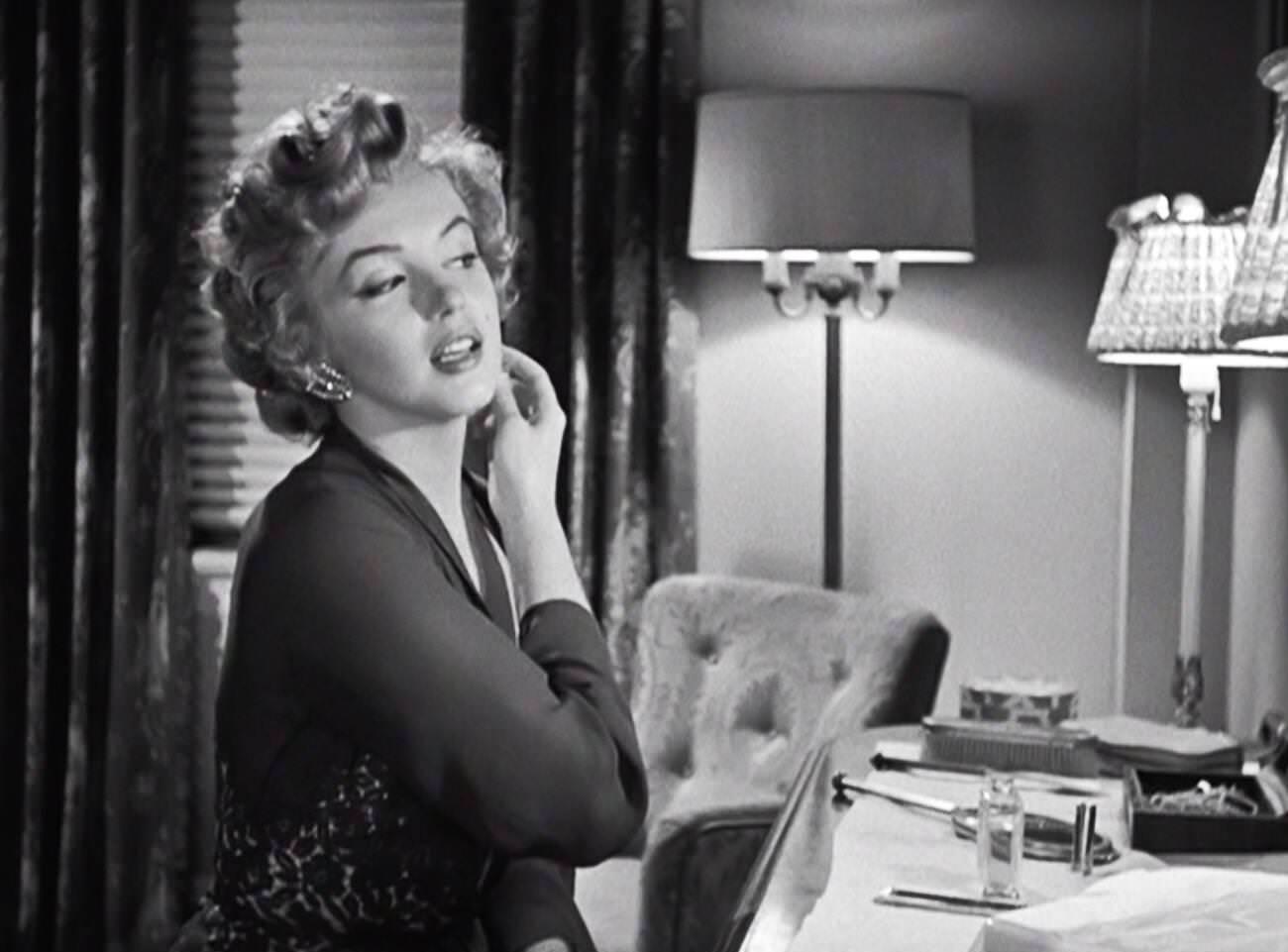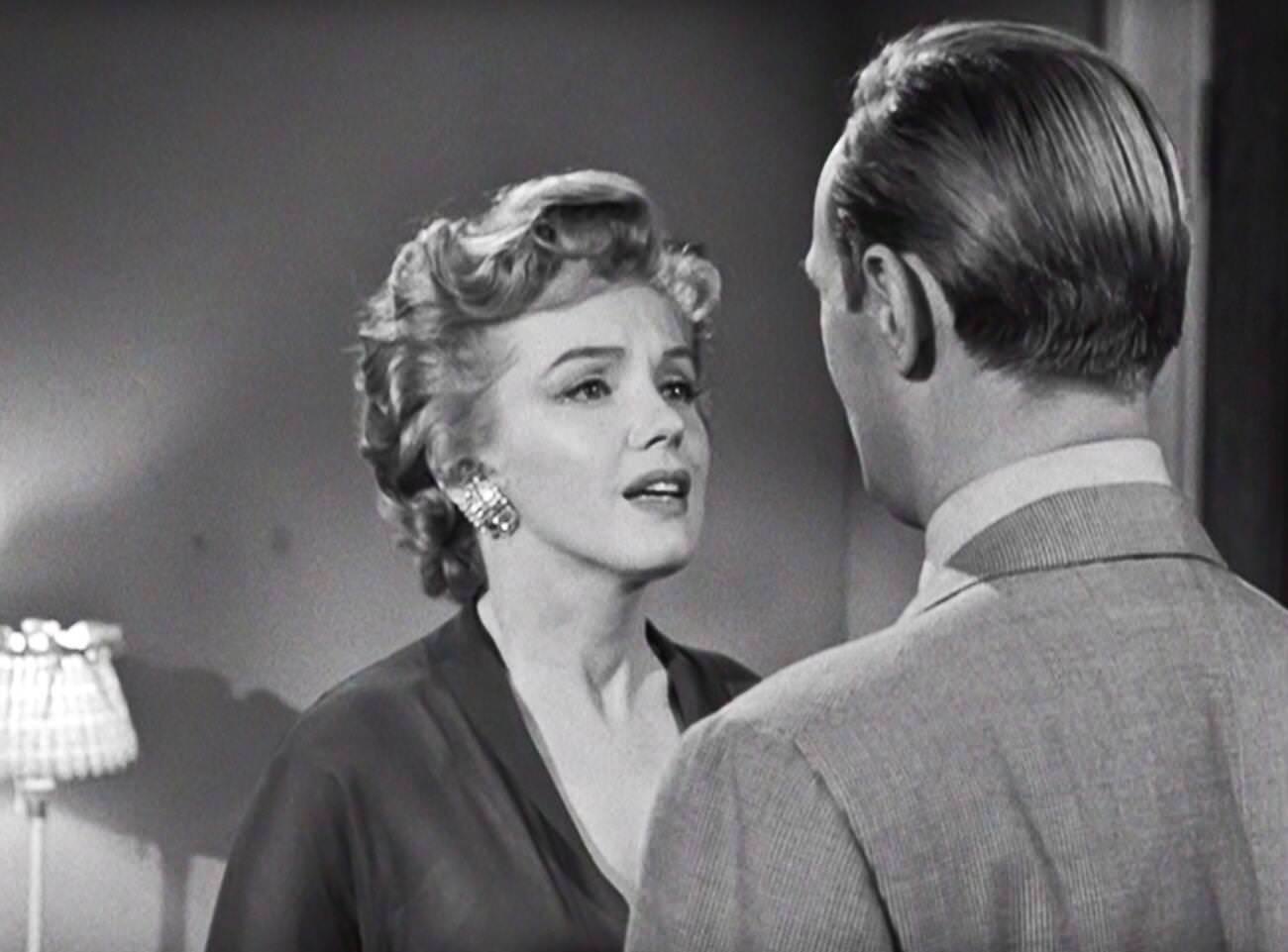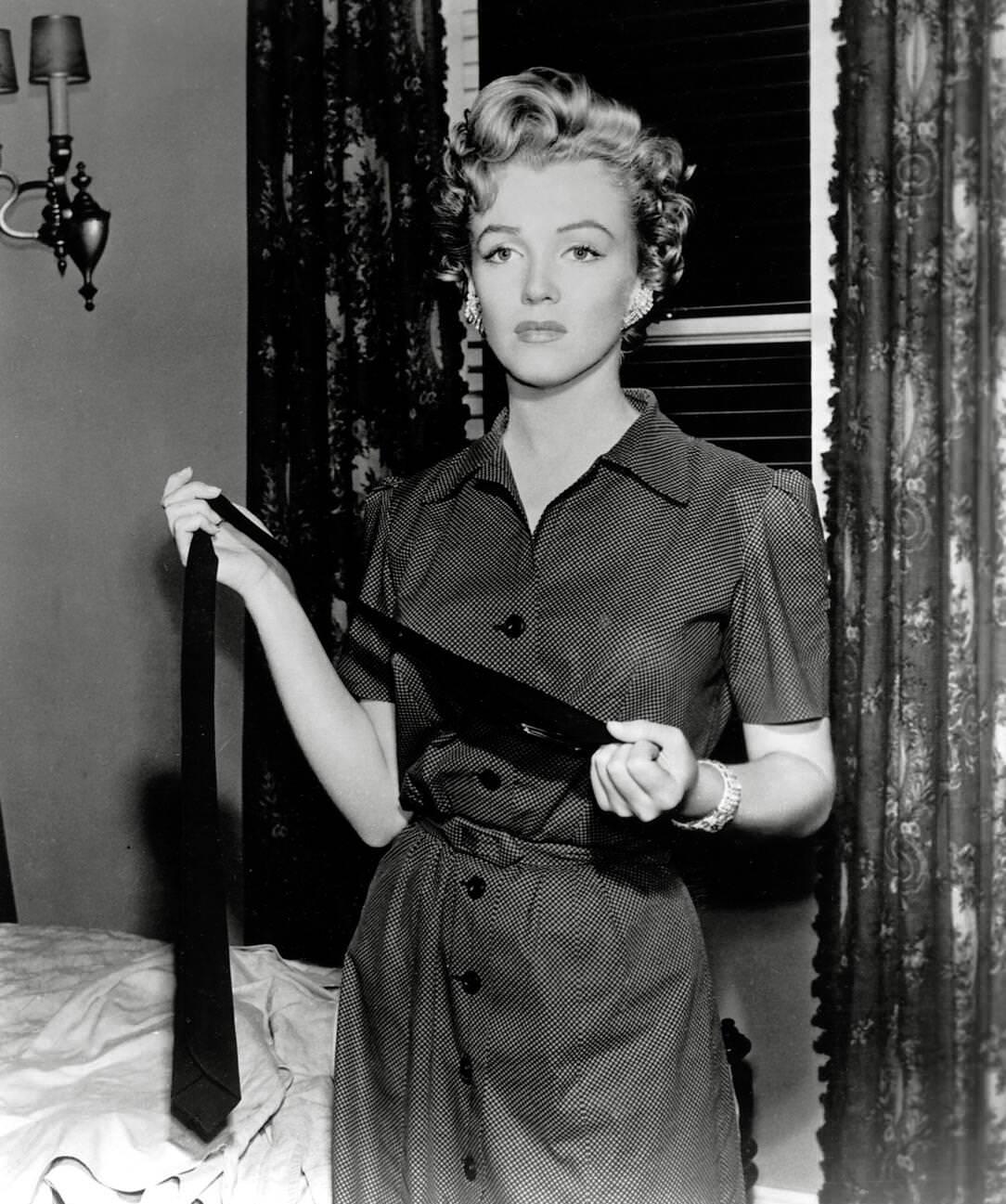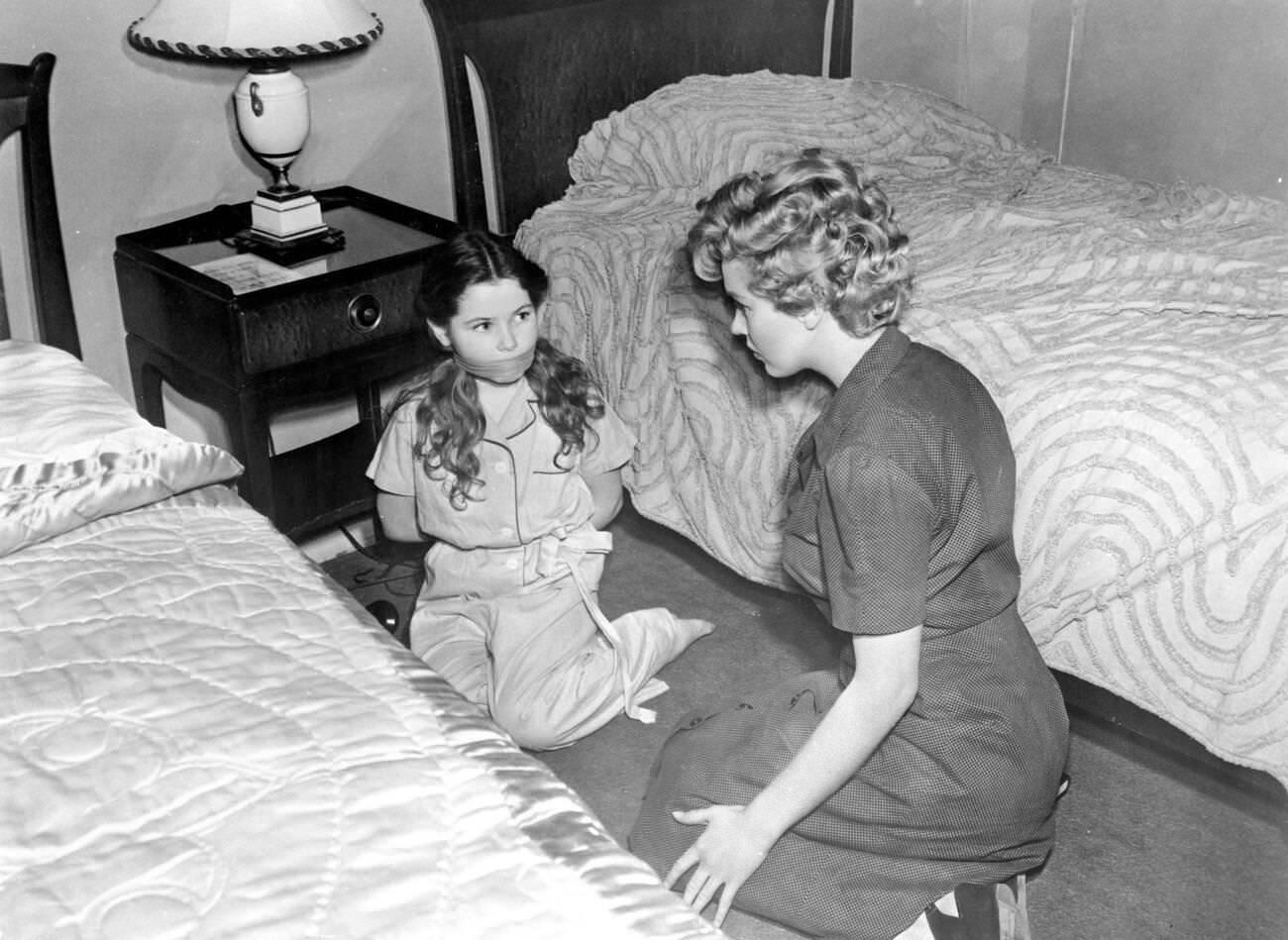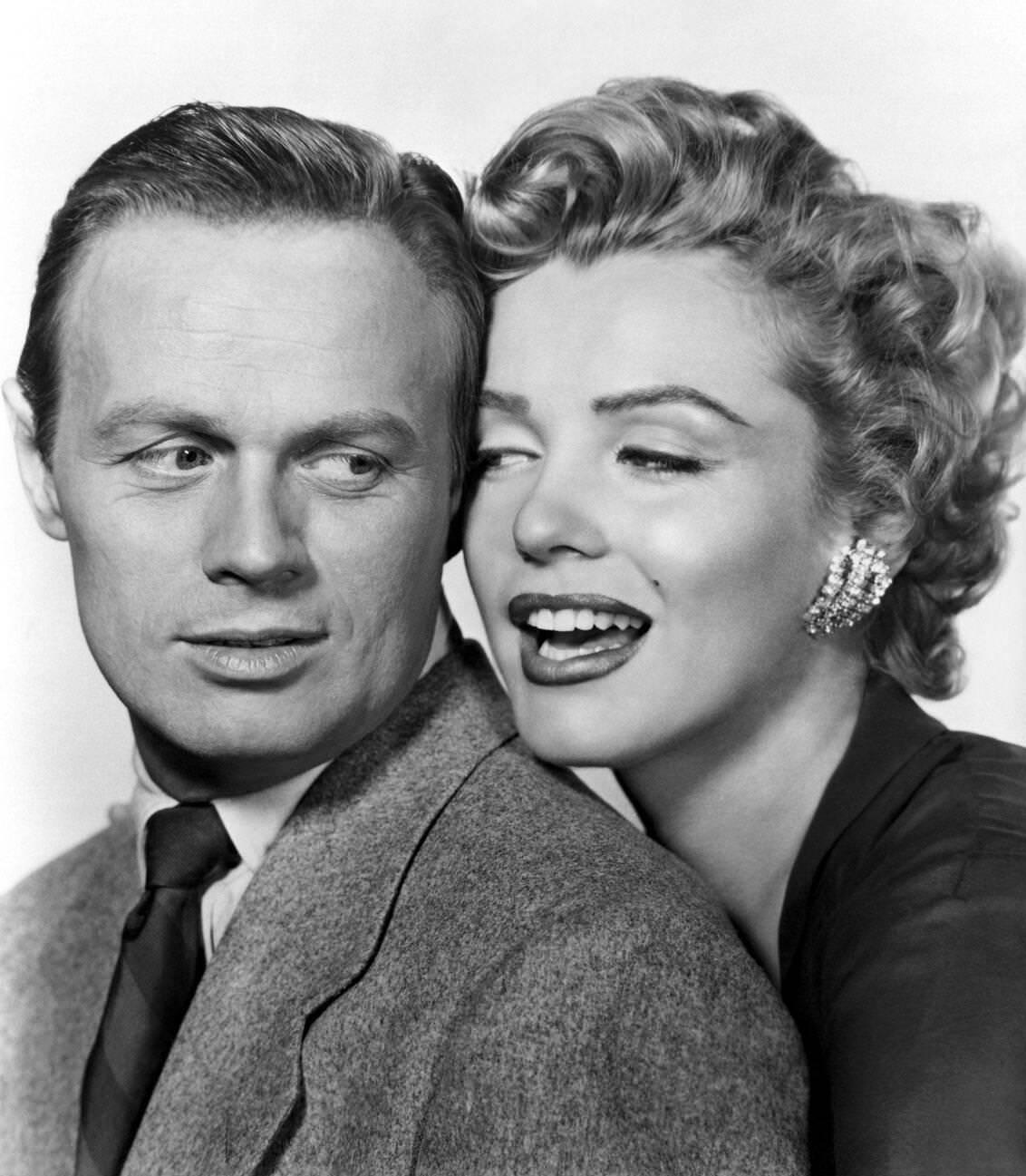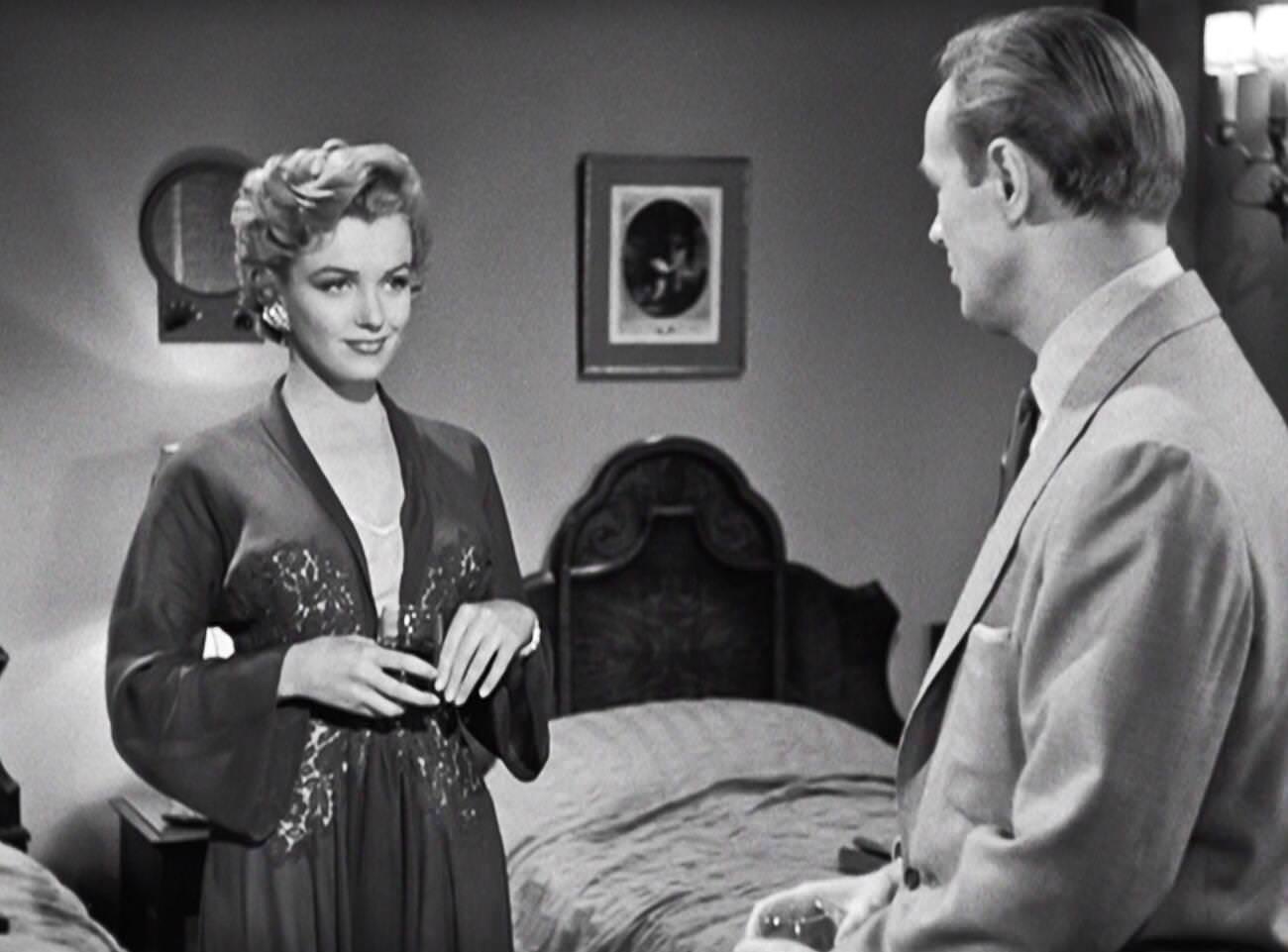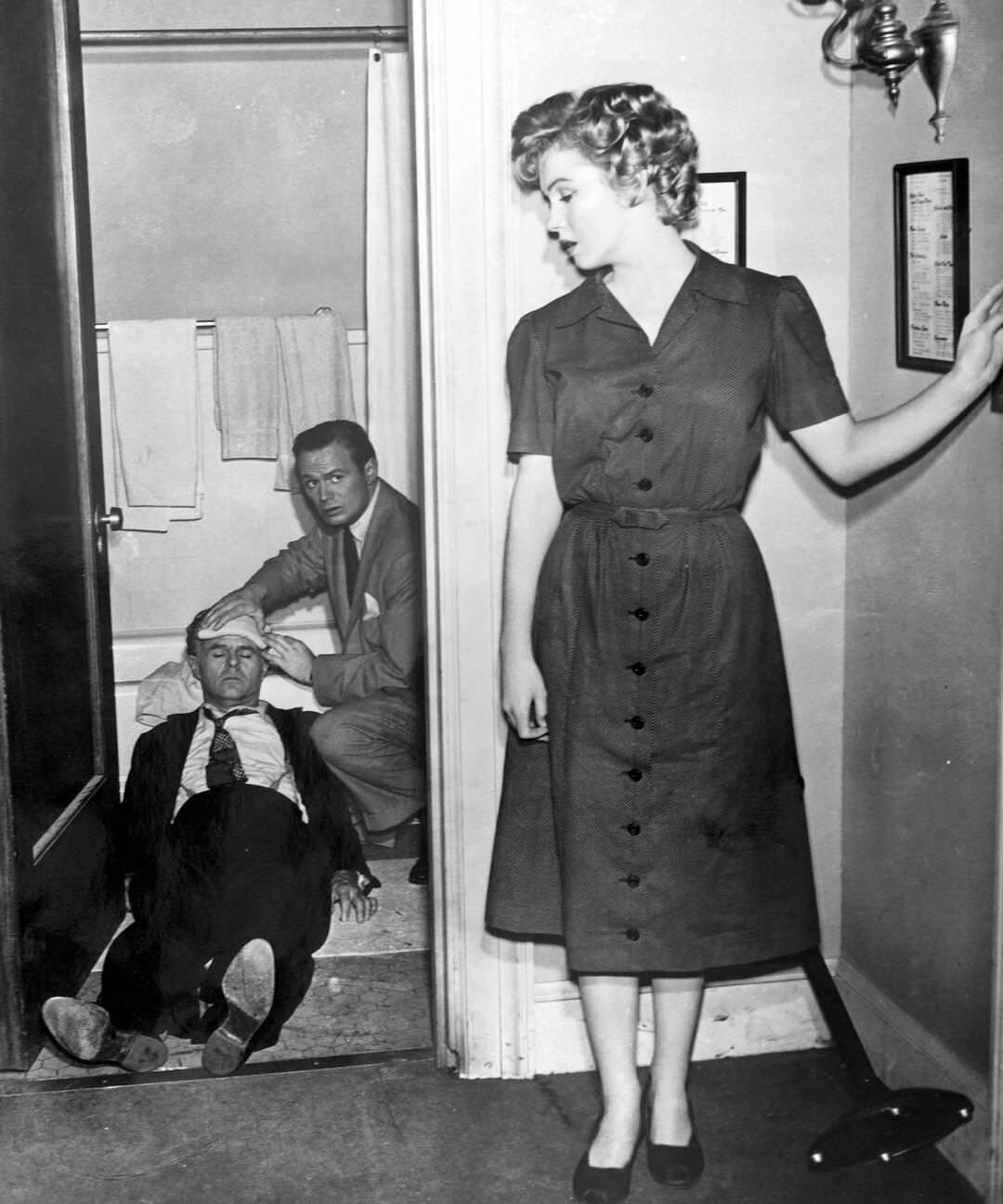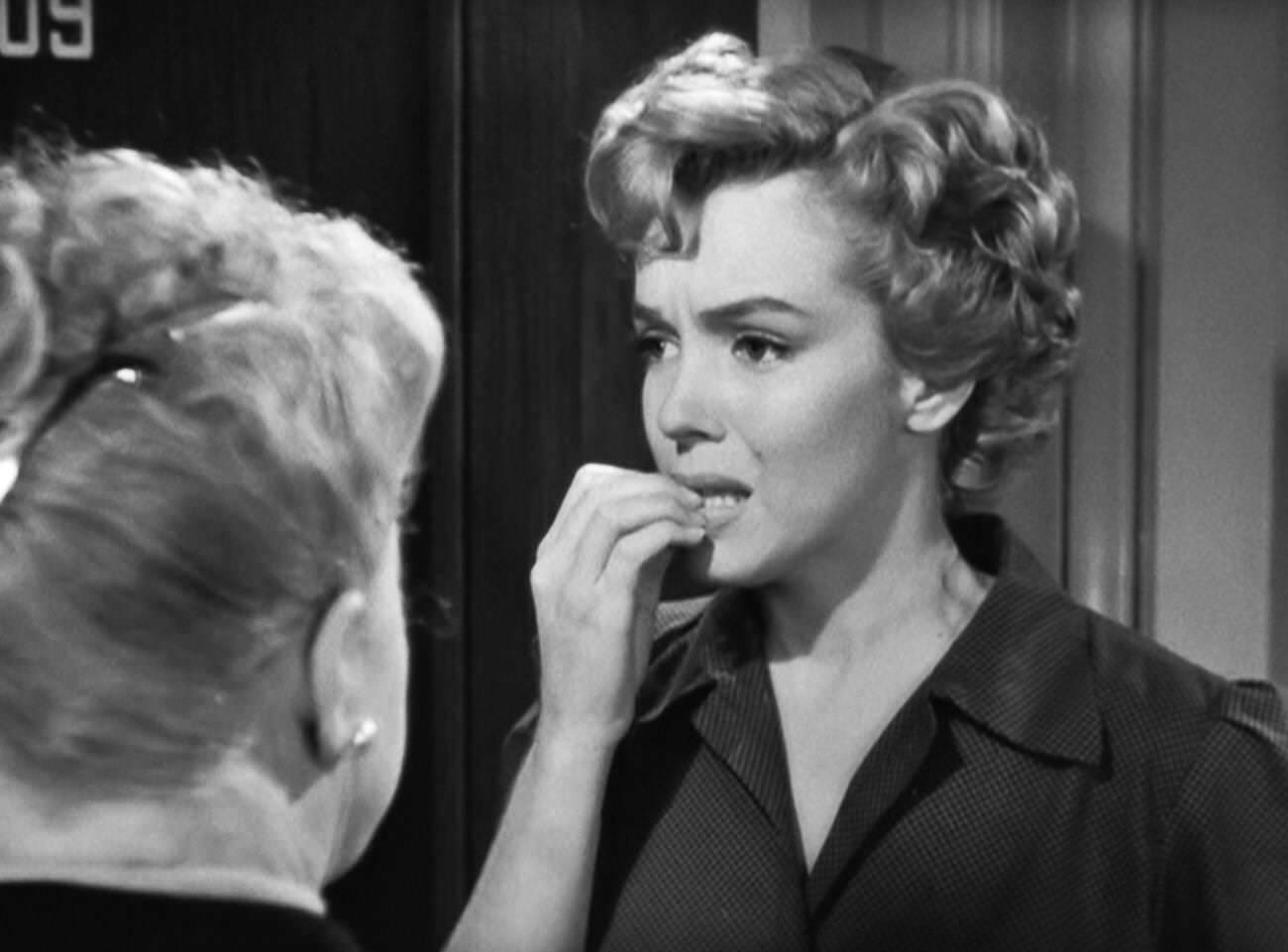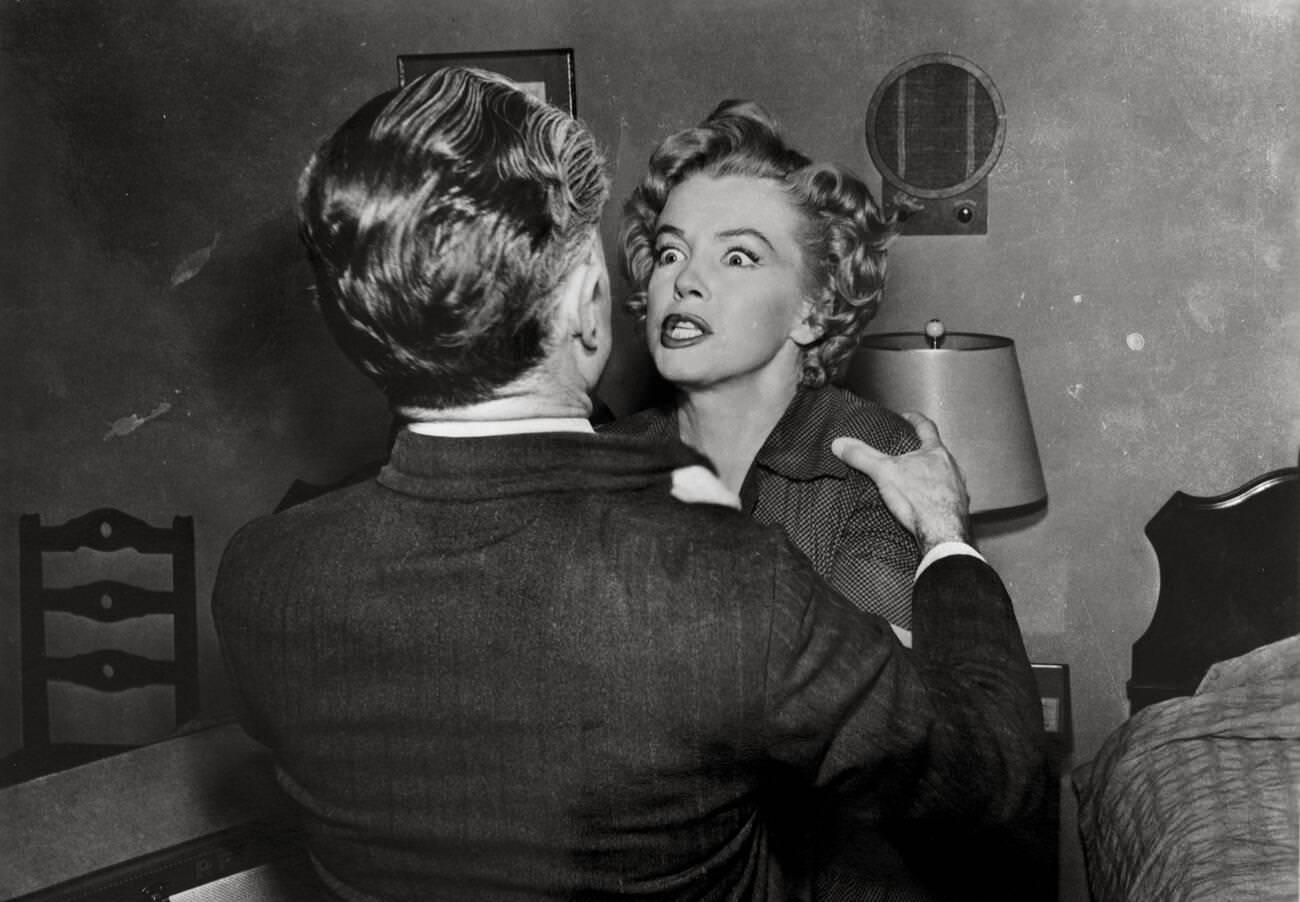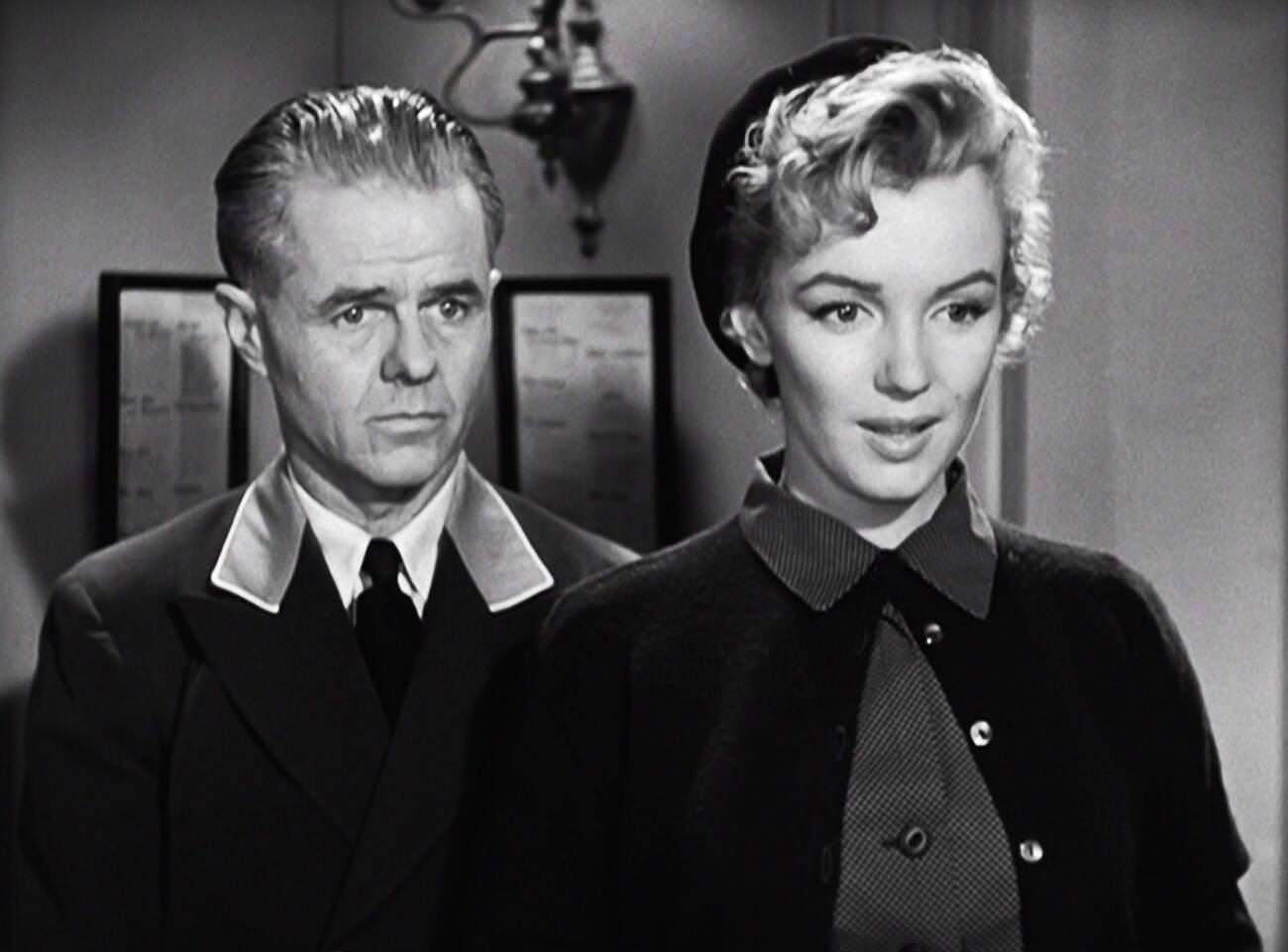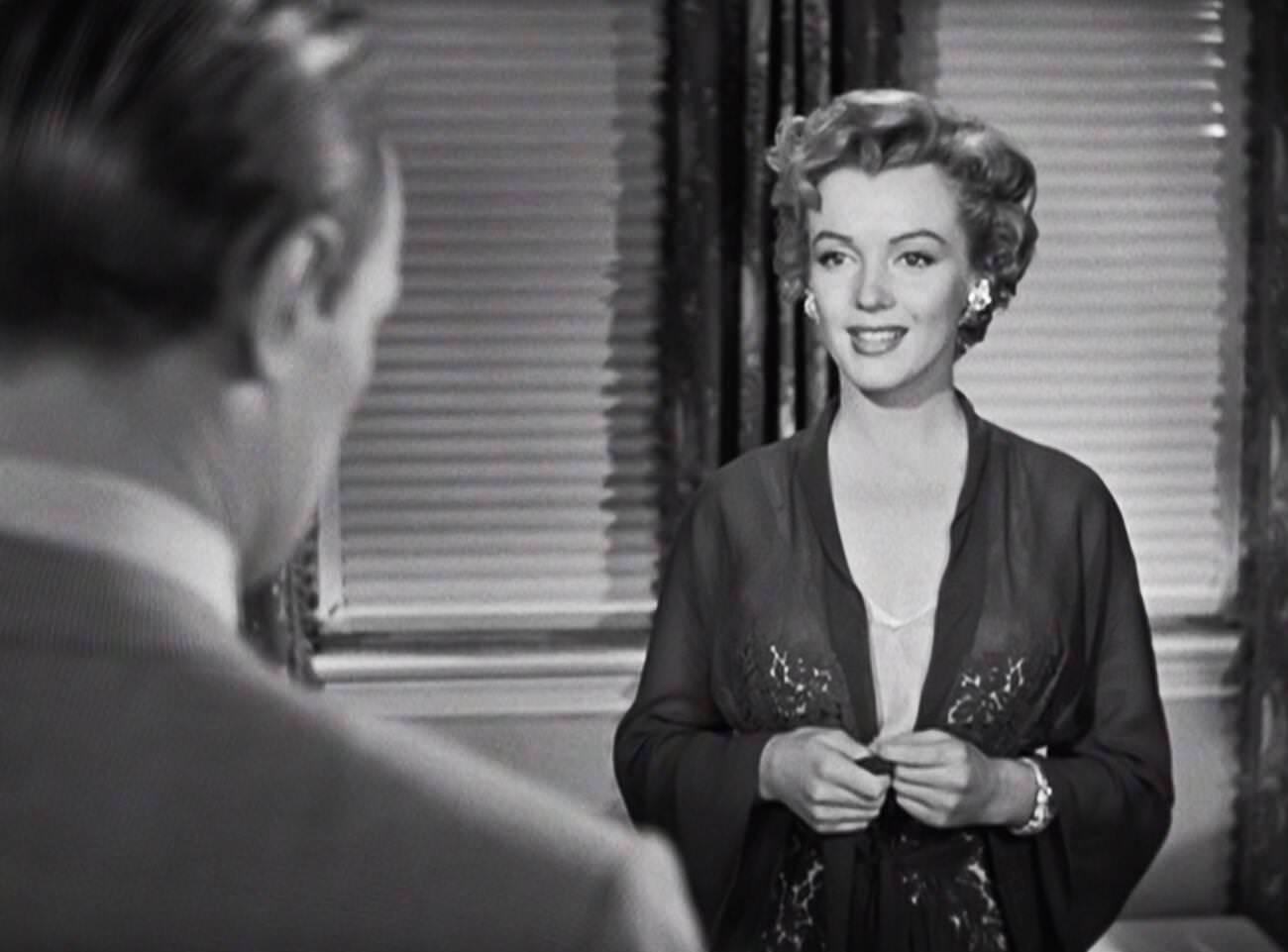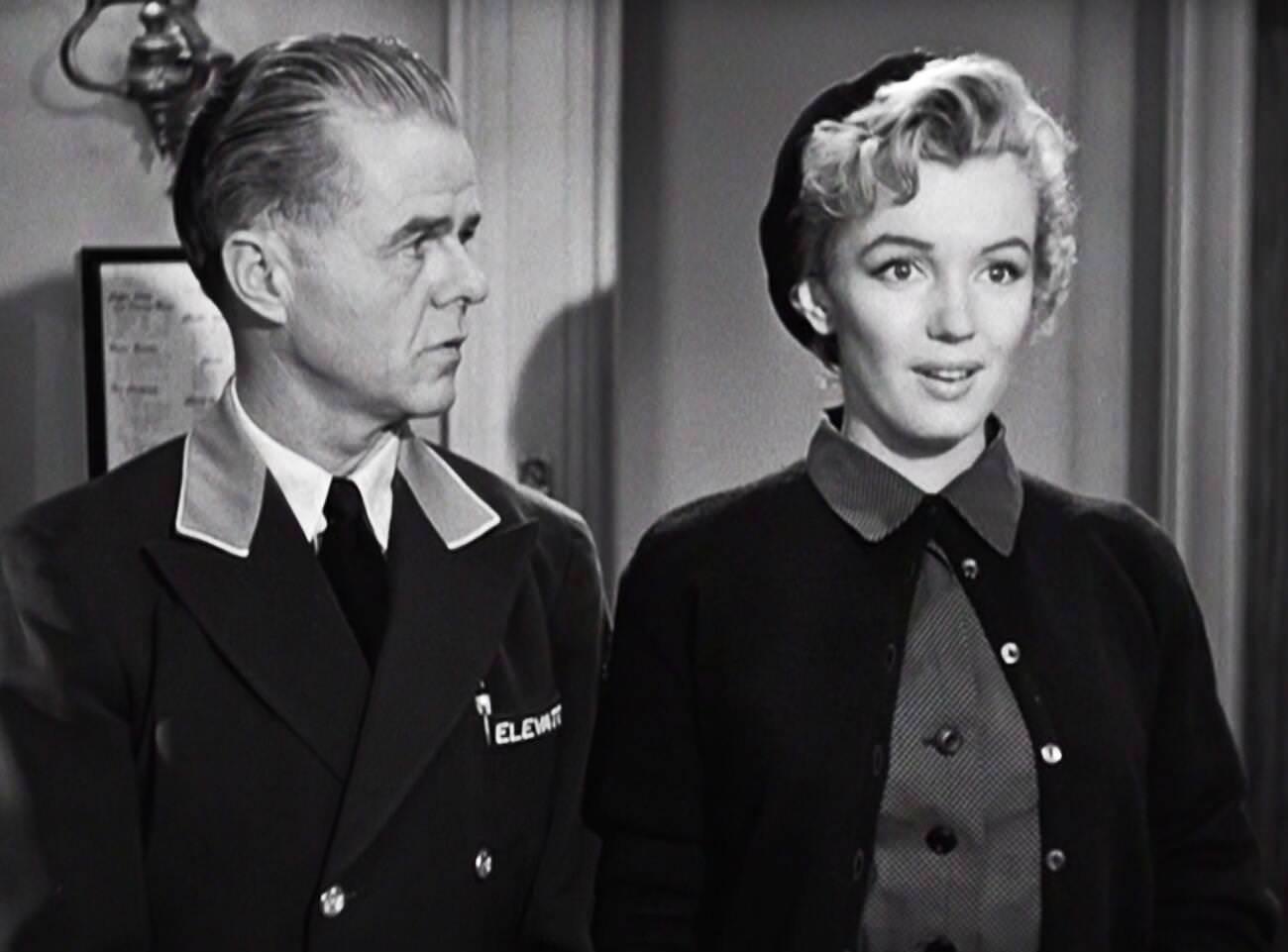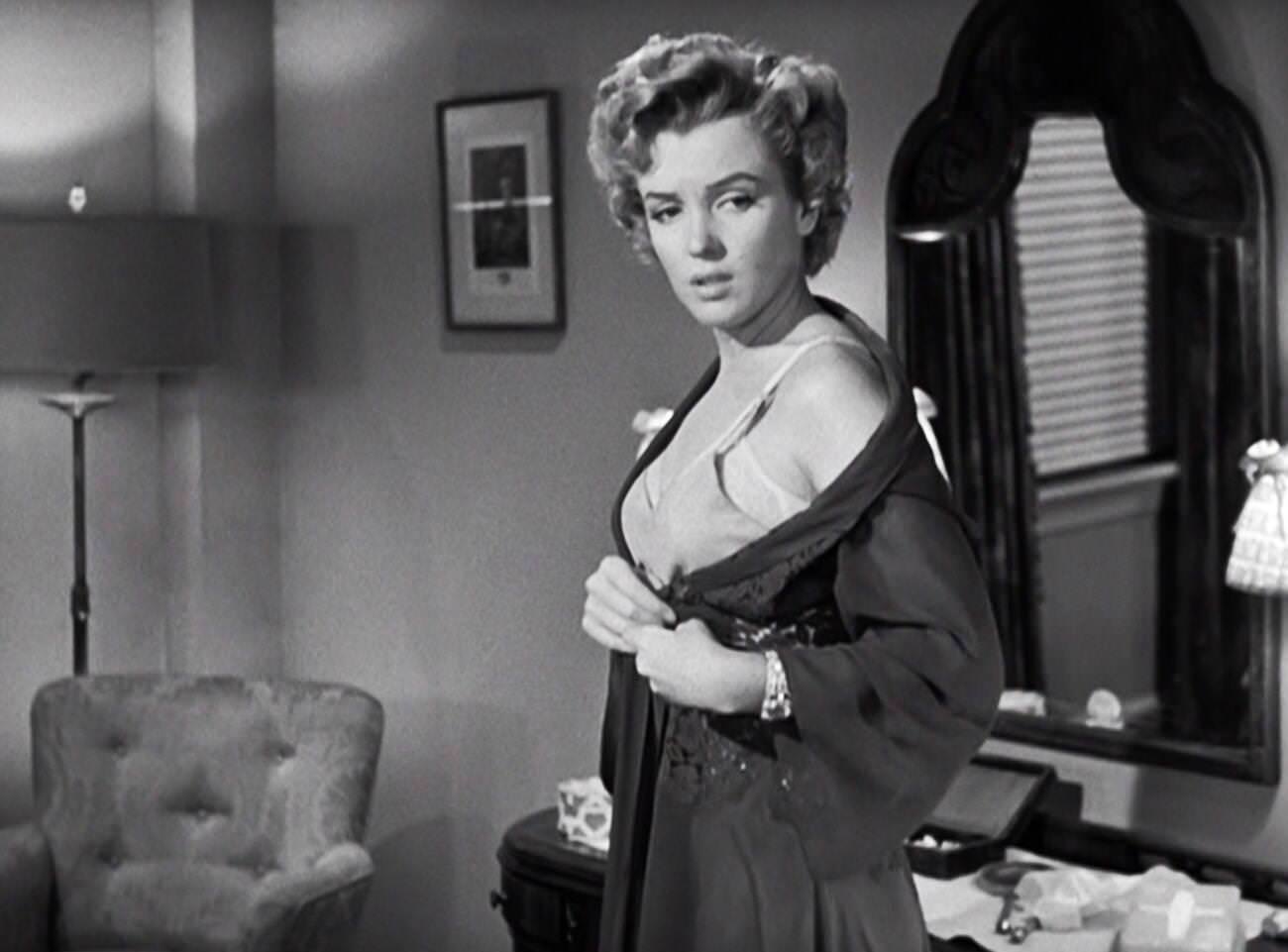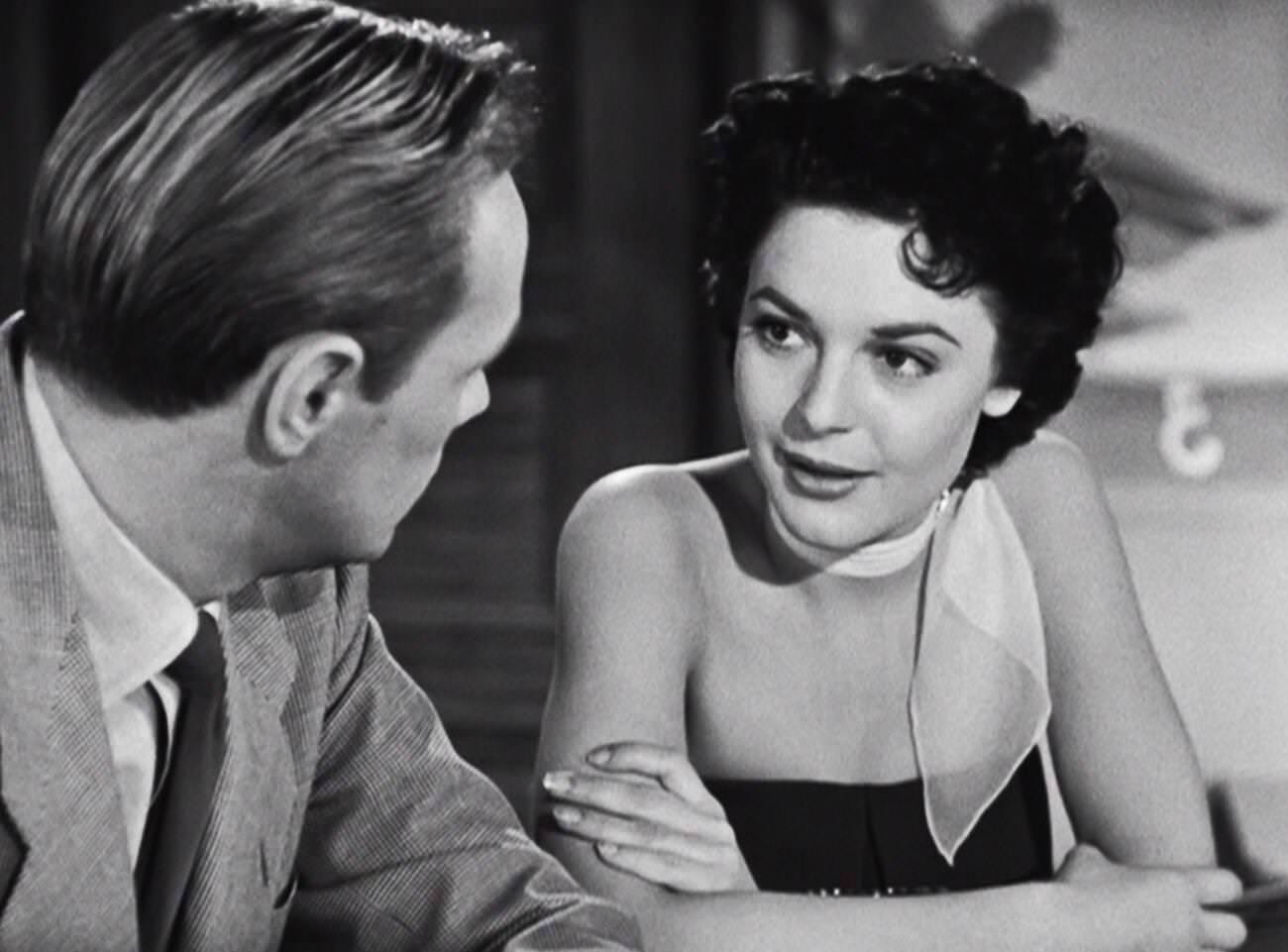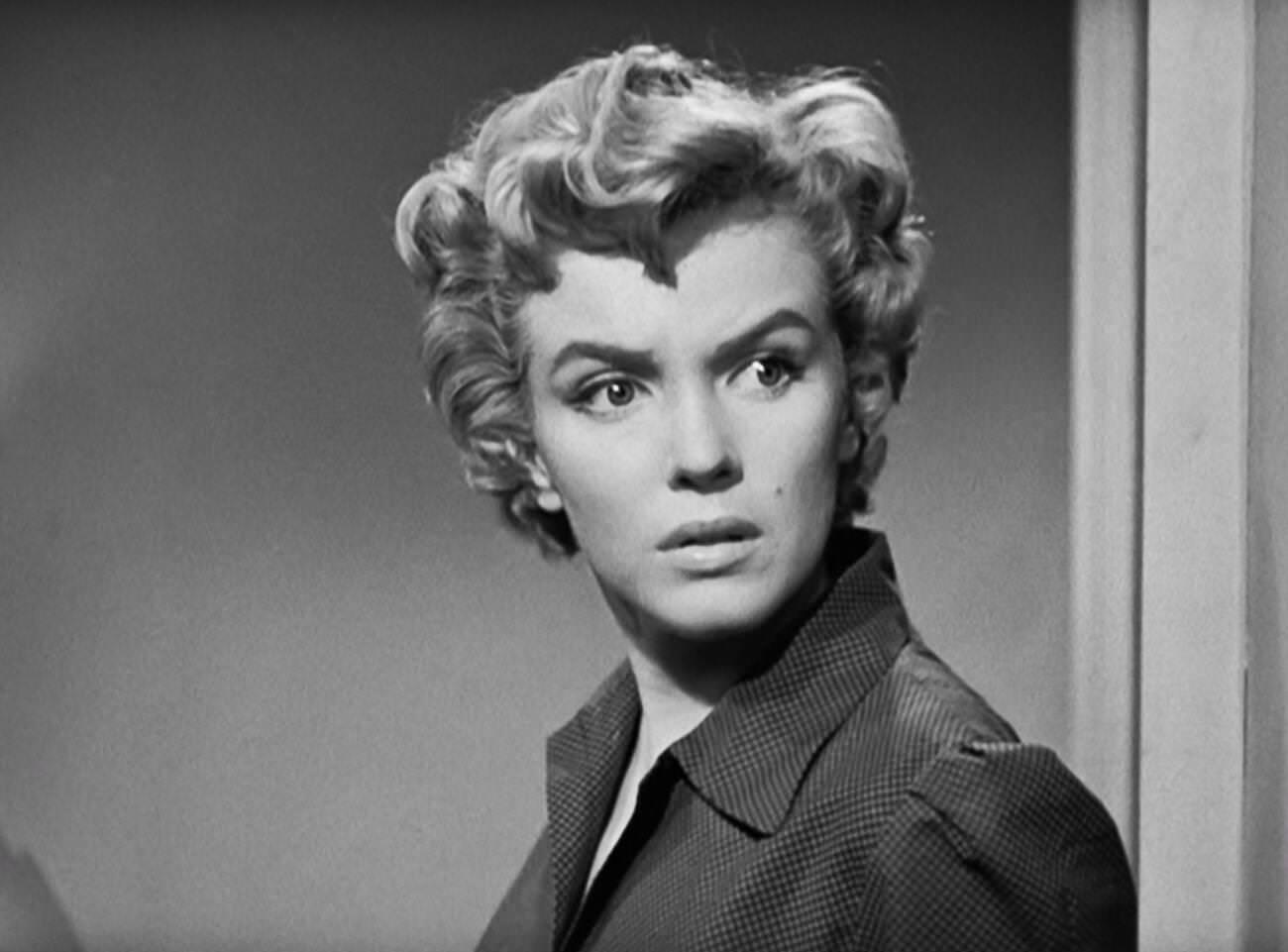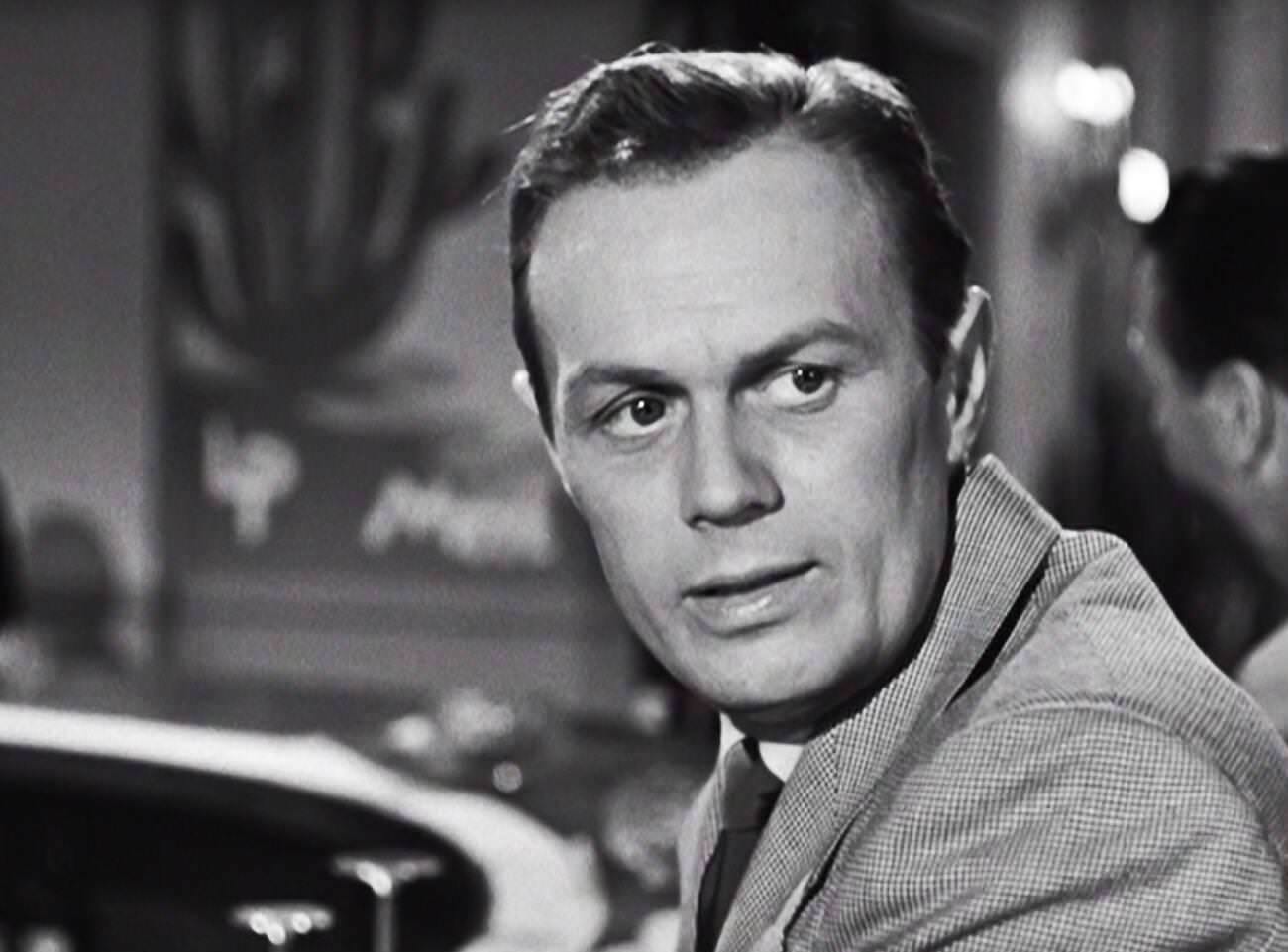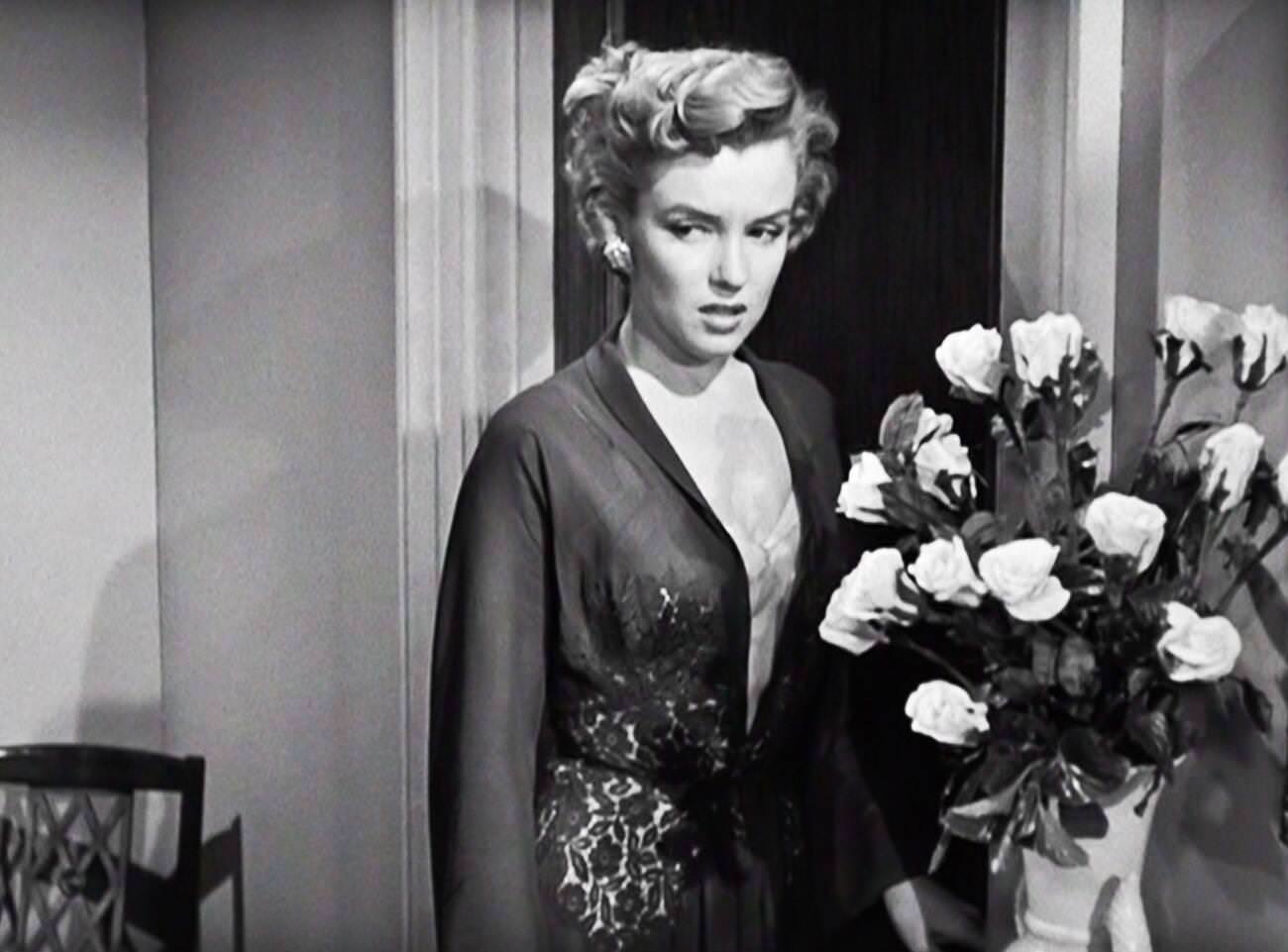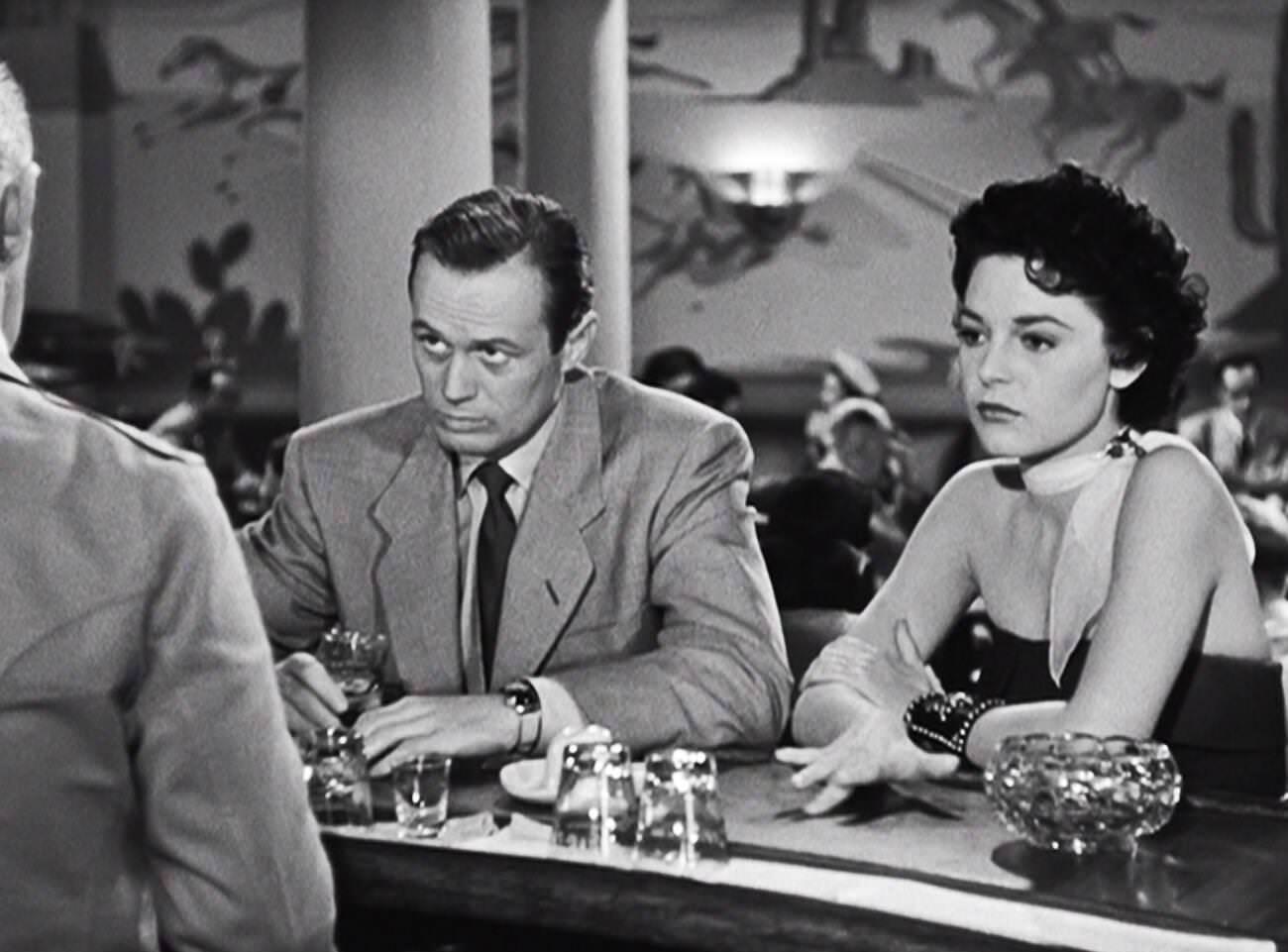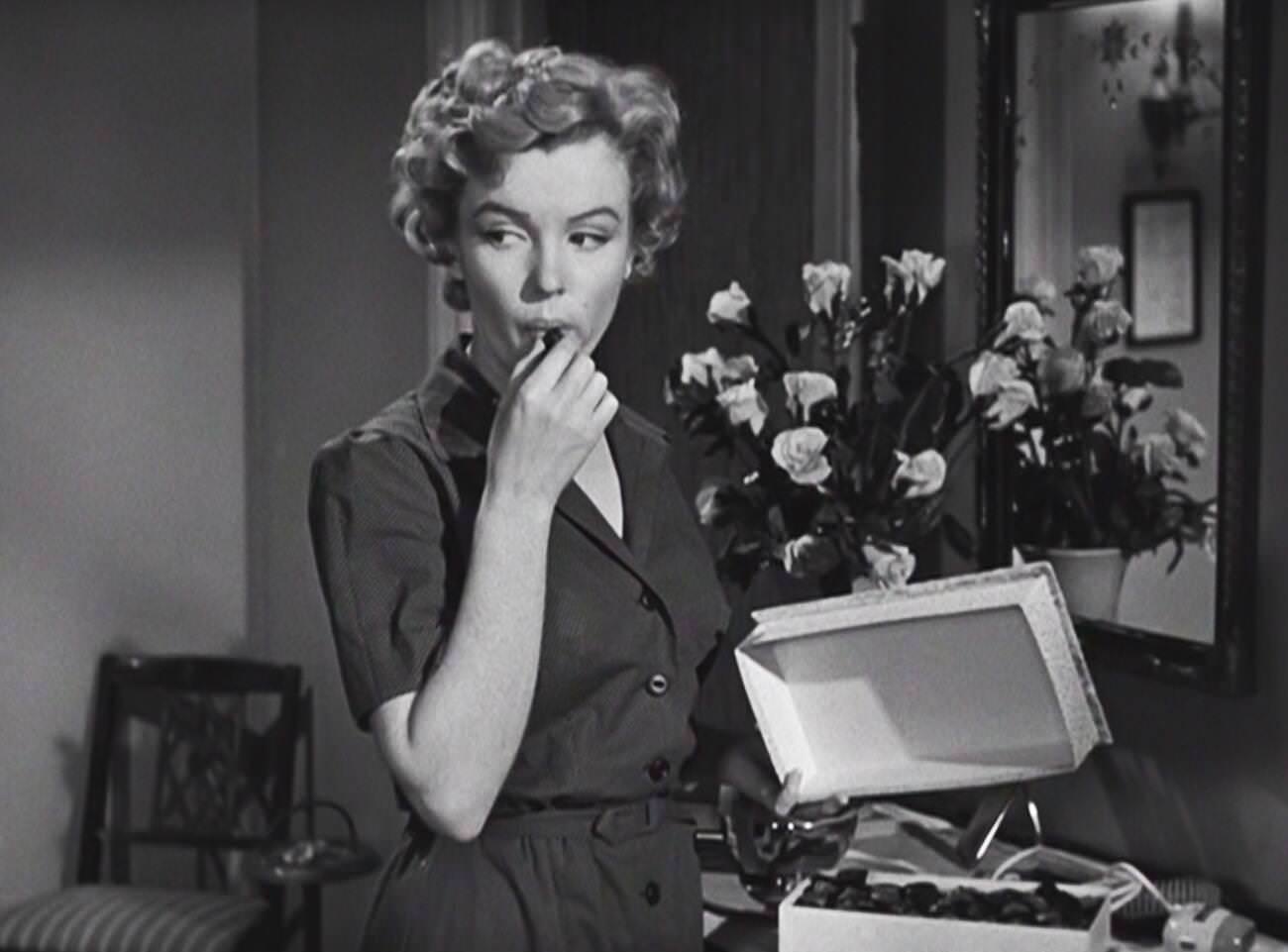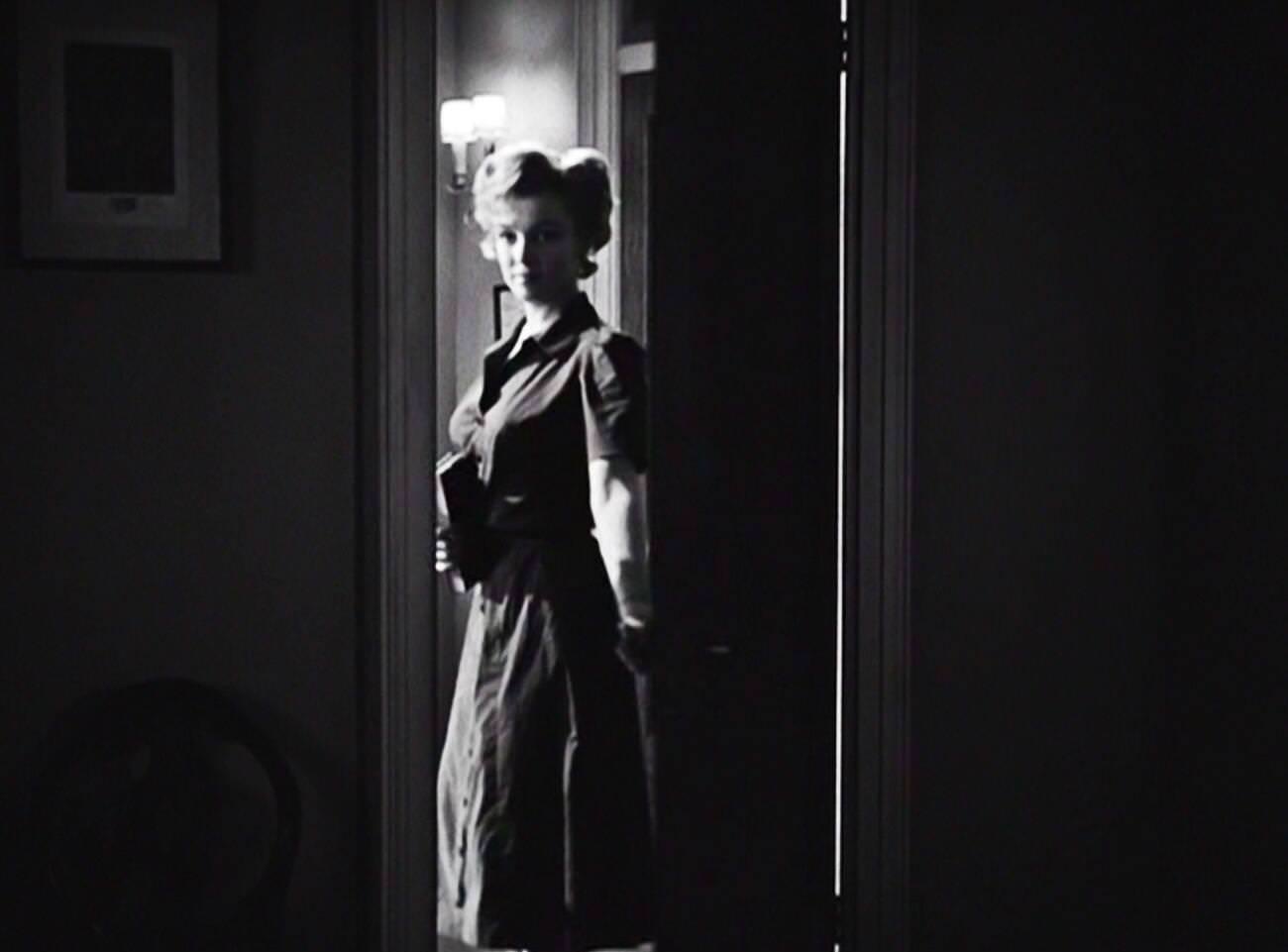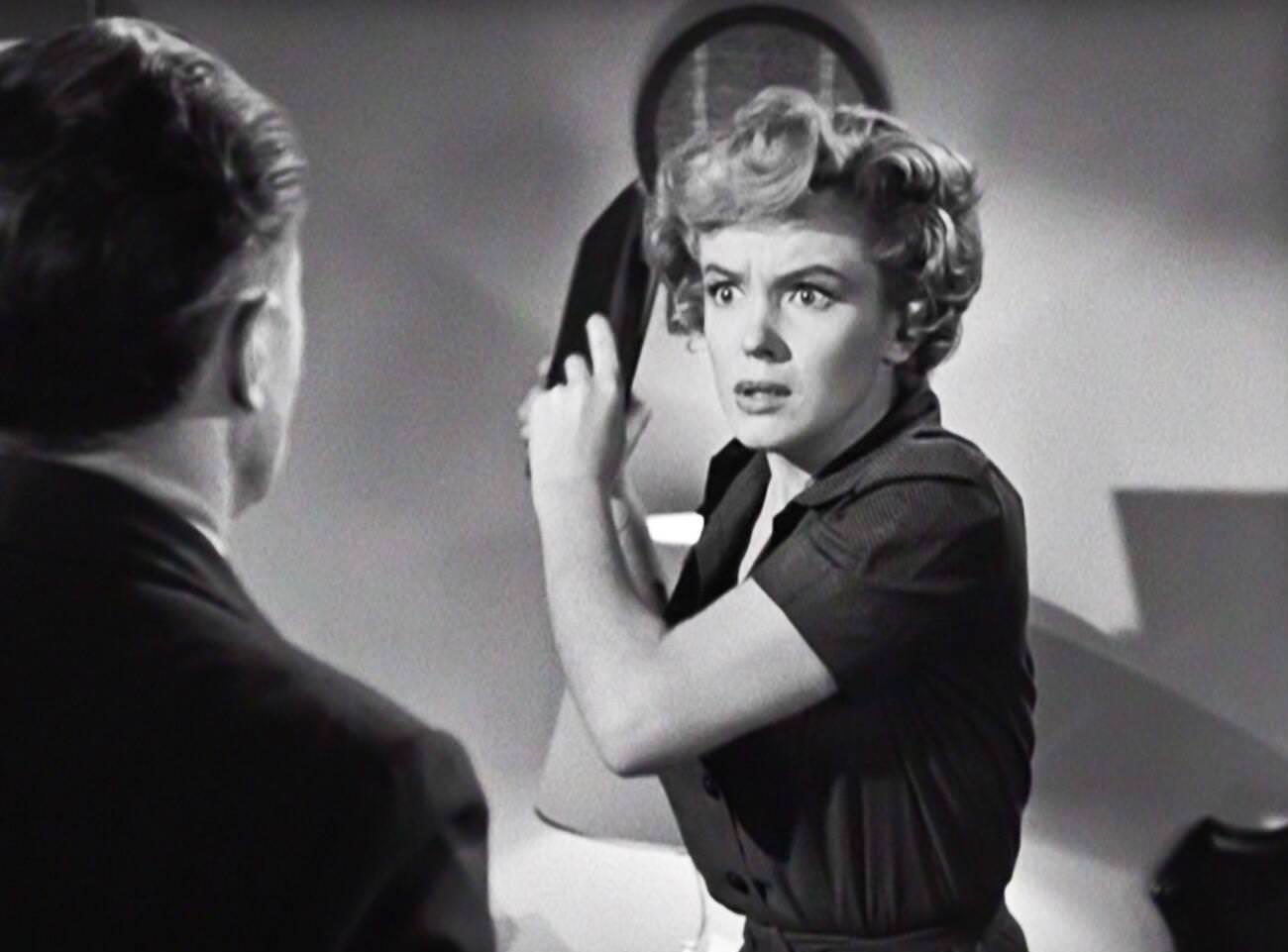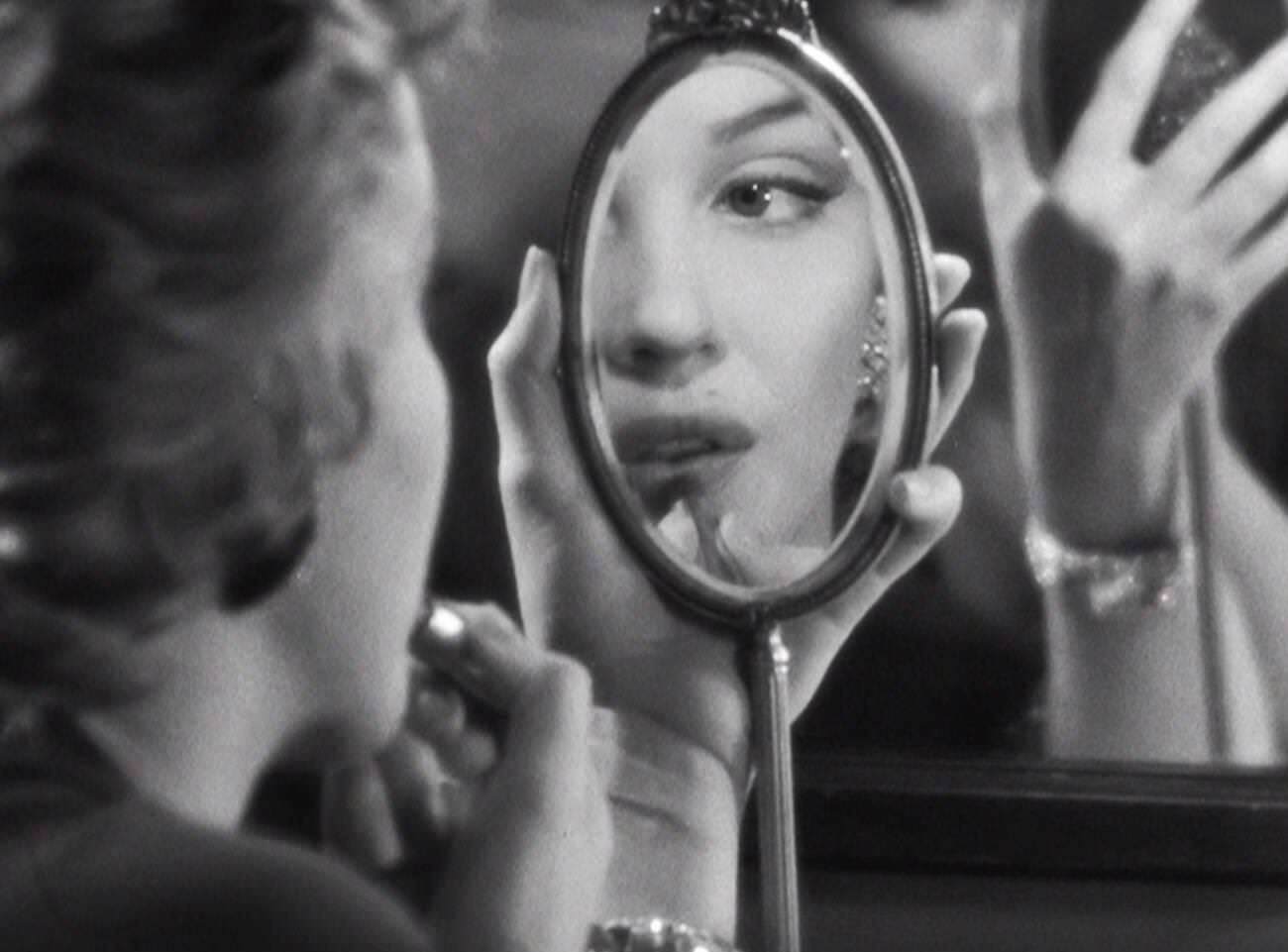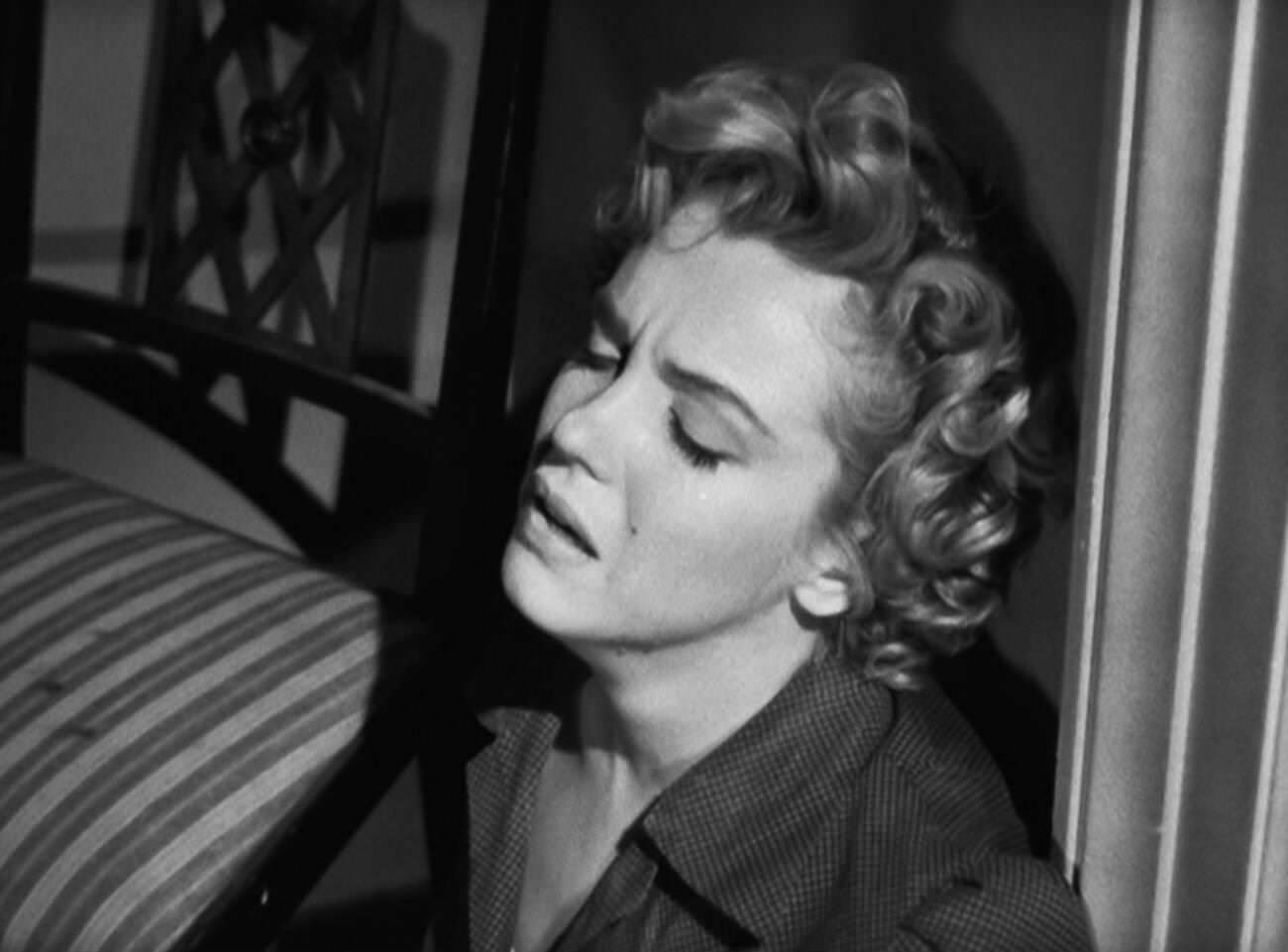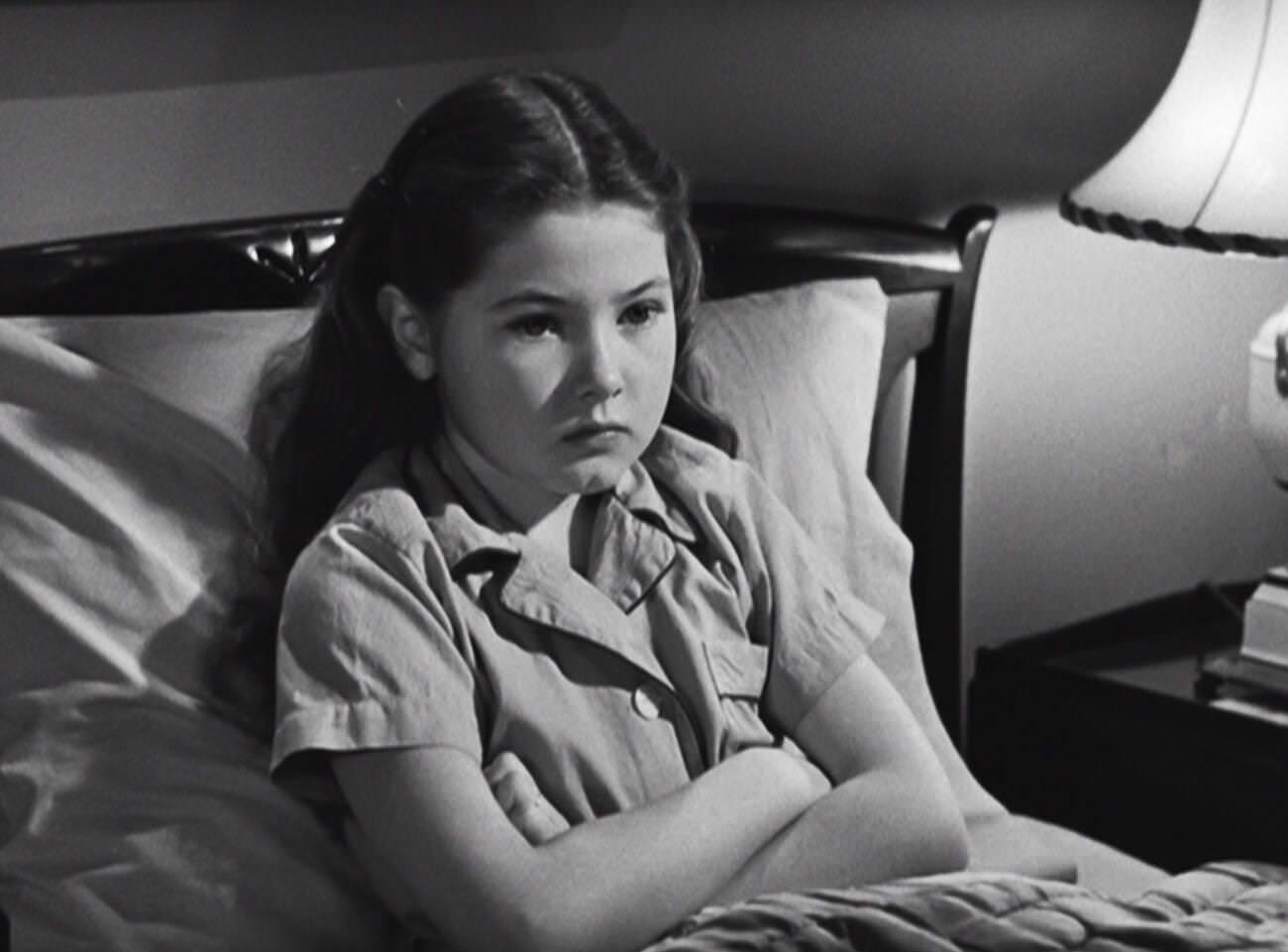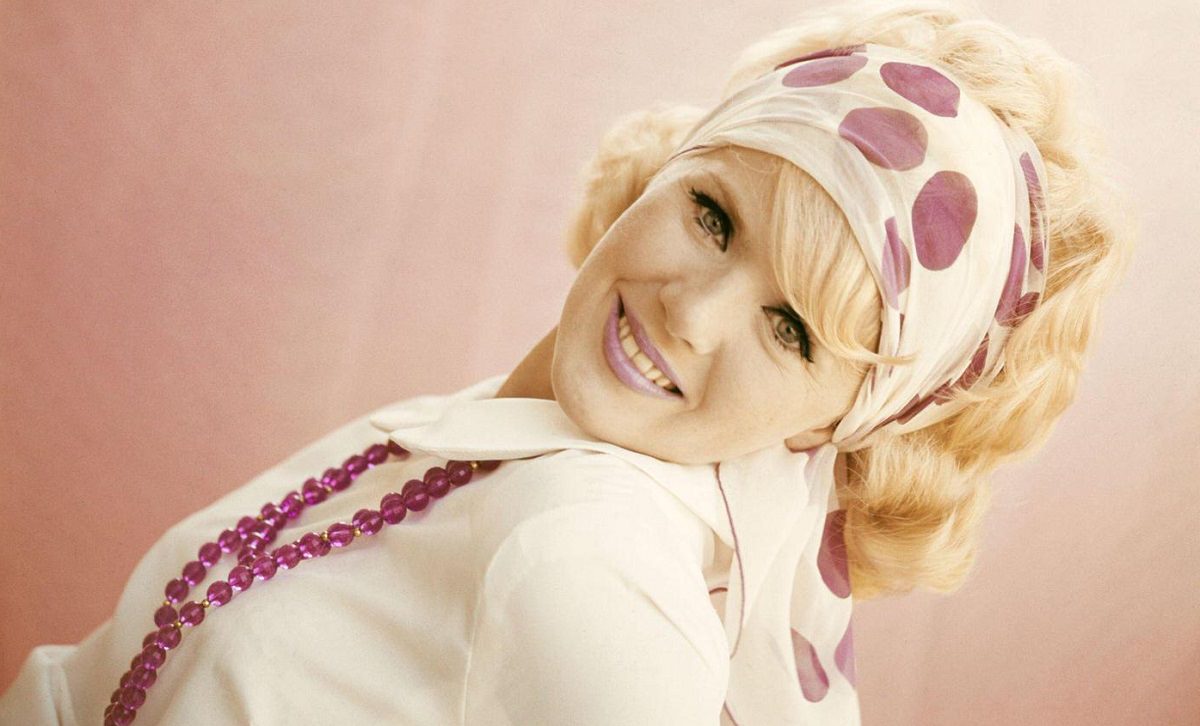Stepping back to the glamorous era of 1950s Hollywood, we come across an under-appreciated and often overlooked gem – ‘Don’t Bother to Knock’ (1952). This film, presenting an intriguing change of pace for its star Marilyn Monroe, offers an intimate and dark exploration of mental illness, a subject rarely approached with such raw honesty in that era.
The Unexpected Plot
In ‘Don’t Bother to Knock,’ Monroe sheds her signature glamorous, fun-loving image to play Nell Forbes, a mentally fragile babysitter living in the aftermath of a broken engagement. The plot thickens as she crosses paths with Jed Towers (Richard Widmark), an airline pilot dealing with his own heartbreak in the hotel where Nell is babysitting.
Unlike her lighter roles, Monroe’s Nell Forbes is deeply troubled, offering a glimpse of Monroe’s impressive range as an actress. She carries the film, making audiences feel Nell’s struggles, fears, and fragile hope. It’s a haunting performance that sticks with you, showcasing a side of Monroe that many often overlook.
Behind the Scenes
‘Don’t Bother to Knock’ marked Monroe’s first leading role in a dramatic film. Although she was hesitant about taking on such a dark and complex character, she decided to challenge herself and prove her mettle as a serious actress.
Working with director Roy Ward Baker, Monroe explored the depths of her character’s psychological trauma, delivering a performance that surprised many critics of the time. Widmark, on the other hand, provided the perfect counterbalance to Monroe’s Nell with his portrayal of Jed, a grounded but troubled character who unexpectedly becomes Nell’s anchor.
The Impact and Legacy
Despite being less famous than some of Monroe’s other films, ‘Don’t Bother to Knock’ remains significant for its daring take on a subject considered taboo at the time. It allowed Monroe to stretch her acting muscles, proving to audiences that she was more than just a blonde bombshell – she was a talented actress capable of delivering powerful performances.
The film is also notable for its moody cinematography, capturing the oppressive atmosphere of the hotel and Nell’s growing instability. Lucien Ballard’s camera work adds to the tension, making the viewer feel as if they’re a silent observer in the unfolding drama.
